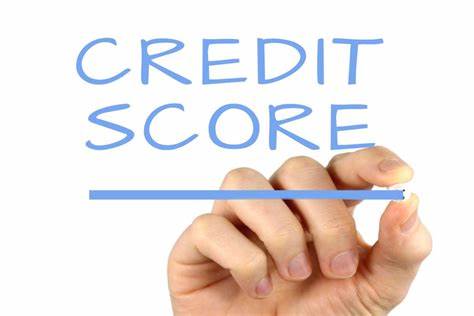A good credit score can save you a lot of money, so any improvements you make while you pay your debts can have a huge impact. When you plan a debt repayment plan, you should consider what debt to repay first to improve your credit score.

You have heard it before, and you may hear it again - it is important to have a good credit score. If your credit score is high, you are showing the lender that you are a good risk. This means that you are more likely to repay the loan (or credit card bill, etc.) on time and in full. In the long run, a lower credit score is actually quite expensive. Loans, including mortgages, will bring higher interest rates, and you may also find that you are not eligible for a higher return credit card or even a better mobile phone plan. We have detailed why you should care about your credit score before. Here are some simple tips to show you how to raise your score to the next level.
Improving your credit score seems like a daunting task, but if you fail, you can take some simple steps. The five factors that make up your credit score are: payment history (35%), amount owed (30%), credit history length (15%), credit portfolio (10%), and new credit (10%). Some of them are difficult to make changes quickly. However, if you focus on what you can change, you will see your credit score rise. Today, we'll help you understand how to improve your credit score with three simple actions.
#1: The amount of the target owed
The easiest and fastest way to improve your credit score is to determine the amount owed on your credit card. This section of your credit score will look at your utilization, or how much credit you have available. In order to optimize your credit score, try to keep your utilization between 1-10%. There are two easy ways to keep your utilization in good condition:
Pay your balance more frequently: Don't wait until the end of the month to pay your credit card bill, but pay your credit card every two weeks or even weekly. This will keep your overall balance low for the entire month, reducing your utilization and increasing your credit score. Professional Tips - Check out our products, debit, to automate this!
Increase your credit limit: The second option is to ask for an increase in the credit limit. When your bank makes a hard credit inquiry to decide whether to approve an increase, this will temporarily affect your credit, but in the long run, a higher limit will increase your utilization and credit. With higher available credits and more frequent payments, you will start to see your credit score rise sharply. Not sure if you should ask for an increase in your credit limit? Found here.
#2: Target Payment History
Do you know that only 30% of Americans check their credit reports more than once a year? Not knowing what is on the credit report may damage your credit score. Your credit report may be wrong, and if you don't pay attention, it may drag your credit score.
#3: Target length of credit history
It's helpful to remove the error from your credit report, but don't go crazy with the delete request. Old debts that you handle well and are repayable by agreement actually help your credit score. This shows that in the past, you have handled a good credit record for a longer period of time, and your loan and credit card risk will be greater in the future.
For example, if you recently paid off a credit card and don't plan to use it again, don't close it. Keep your oldest credit card open for as long as possible to maximize your credit history. Improving your credit score seems daunting, but cleaning up your credit score is not difficult. If you focus on the various components that make up your credit score and see what small improvements are made in these areas, you will find that your credit score will start to increase soon.


